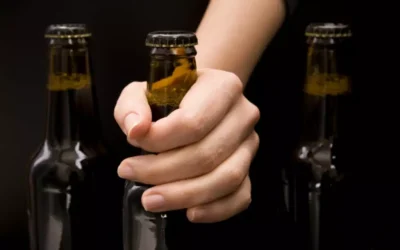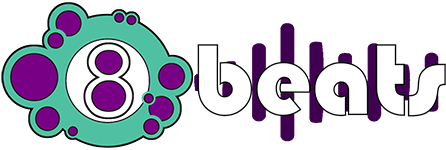By the end of the day, you’ll be confident enough to switch from pencil to pen. A person’s brain chemistry can change dramatically through alcohol use. Once someone begins withdrawal, their brain has to readjust itself, resulting in brain fog. Brain fog occurs when a medical condition impedes a person’s ability to think clearly. It is not a medical condition in and of itself, so a doctor cannot diagnose a patient with brain fog. Answer these questions and you can start your alcohol addiction recovery journey with a clear mind.
How to Overcome “Brain Fog” In Sobriety
- Alcohol lowers inhibitions and clouds judgment, which may lead you to engage in risky behaviors.
- However, the causes of brain fog are common and can often occur in pairs or trios.
- After the first few days of recovery, you will start to notice that the brain fog seems to lessen.
- Maybe you’re replaying everything you said last night and frantically scrolling through your texts to make sure you didn’t send a message you super wish you hadn’t.
Gender also plays a role, as alcohol affects women and men differently. Though mental fuzziness is a common condition, it may be accompanied by severe symptoms that should not be ignored. Brain fog can have a number of negative consequences for your health and well-being, and some symptoms could be indicators of deeper health issues.
Scan the QR code to get started!
This can be done by setting limits on how much you drink, avoiding drinking in situations where you may be tempted to overindulge, and seeking advice from others. Alcohol dependence happens when our brain chemistry adapts to the presence of alcohol, leading to a alcohol withdrawal brain fog reliance on it to feel ‘normal’. This dependence plays a significant role in the intensity and duration of brain fog during withdrawal. The more prolonged and heavier the alcohol use, the greater the probability that the brain fog will remain for a longer time.
How Long Does Brain Fog Last After Quitting Alcohol?

When you have autoimmunity, your body is in a constant state of inflammation. Symptoms of that inflammation include feelings of anxiety, panic, and brain fog. However, the causes of brain fog are common and can often occur in pairs or trios.

Brain Fog: Effects and Possible Causes – Verywell Mind
Brain Fog: Effects and Possible Causes.
Posted: Tue, 08 Nov 2022 08:00:00 GMT [source]
Alcohol also dulls sensory uptake, so it might be difficult to take in new information. In a study published in 2018, people who regularly had 10 or more drinks per week had one to two years shorter life expectancies than those who had fewer than five drinks. That number increased to four or five years shorter for people who had 18 drinks or more per week. The researchers linked alcohol consumption to various types of cardiovascular problems, including stroke. This complication of long-term heavy drinking causes scarring of the liver. Scar tissue impairs the liver’s ability to create proteins, filter the blood, and other bodily functions.
- While you heal your gut, you can still focus on supporting the optimal health of your brain.
- Signs of brain fog include reduced cognitive functioning or difficulty with paying attention, keeping focus, multitasking, and memory recall.
- In this blog post, we will discuss what causes brain fog from alcohol, the symptoms of alcohol fog, and how to remedy the problem.
- The researchers linked alcohol consumption to various types of cardiovascular problems, including stroke.
- Warren is a Licensed Master Social Worker, who specializes in substance abuse and mental health treatment.
- The most common symptom of ALS is muscle weakness which often leads to paralysis and eventual death.
Now that we’ve covered the first four stages of withdrawal, let’s take a look at the weeks and months that follow. While everyone’s alcohol recovery timeline is different, below is an example of how long withdrawal symptoms may last. Plus, over time you will begin to experience the many benefits of sobriety. Alcohol withdrawal can occur when a person who has used alcohol for a significant period of time stops drinking or significantly decreases their use. Alcohol withdrawal can have a broad range of symptoms, some of which can be dangerous or even life-threatening if not treated. That’s why it’s vital to consult a physician before you stop drinking in order to create a plan to stop drinking or taper down safely.
Often, it sneaks up on you during alcohol withdrawal and recovery, causing difficulty in concentrating, memory problems, and a feeling of being mentally sluggish. Of course, just about anyone can feel anxious after a night of drinking. After all, alcohol makes you feel less inhibited which can lead you to do things you otherwise might not, like texting your ex or giving yourself a haircut. But that kind of hangover anxiety is different from what people who already experience anxiety may end up feeling.
